Work Wear Safety Shoes: Protecting Feet in Hazardous Environments Introduction: Workplace safety is of utmost importance in every industry, particularly in hazardous environments where the risk of occupational accidents and injuries is high. One critical aspect of personal protective equipment (PPE) is the use of work wear safety shoes. Designed specifically to protect the feet from potential hazards, work wear safety shoes are a crucial component in safeguarding workers in various industries. This article provides a comprehensive summary of work wear safety shoes, highlighting their importance, key features, and different types available in the market. Importance of Work Wear Safety Shoes: Feet are vulnerable to a range of workplace hazards, such as falling objects, sharp objects, electrical hazards, slippery surfaces, extreme temperatures, and chemical spills.
safety ware
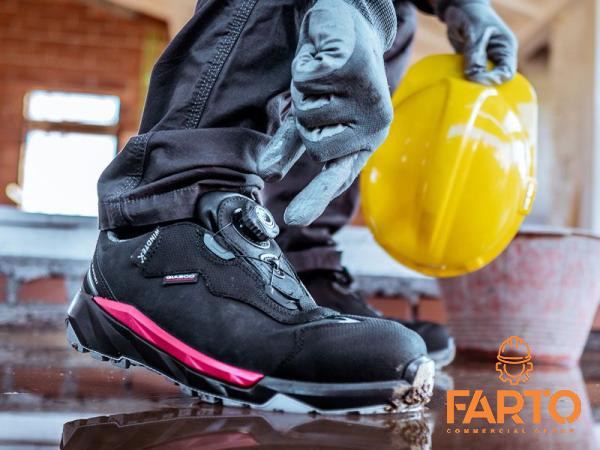 Consequently, wearing appropriate work wear safety shoes is vital to minimize the risk of foot injuries, including fractures, cuts, burns, electrical shocks, and puncture wounds. These injuries can result in significant downtime, medical expenses, and decreased productivity. By prioritizing the use of safety shoes, employers prioritize worker safety and well-being while also complying with Occupational Safety and Health Administration (OSHA) regulations. Key Features of Work Wear Safety Shoes: 1. Slip Resistance: Safety shoes often incorporate slip-resistant soles, providing enhanced traction and stability even on slippery surfaces. This feature helps prevent slips, trips, and falls, which are common causes of workplace accidents. 2. Toe Protection: To protect against falling objects or compression injuries, safety shoes feature reinforced toe caps made of steel, aluminum, or composite materials. These toe caps provide an extra layer of defense for the feet. 3. Sole Construction:
Consequently, wearing appropriate work wear safety shoes is vital to minimize the risk of foot injuries, including fractures, cuts, burns, electrical shocks, and puncture wounds. These injuries can result in significant downtime, medical expenses, and decreased productivity. By prioritizing the use of safety shoes, employers prioritize worker safety and well-being while also complying with Occupational Safety and Health Administration (OSHA) regulations. Key Features of Work Wear Safety Shoes: 1. Slip Resistance: Safety shoes often incorporate slip-resistant soles, providing enhanced traction and stability even on slippery surfaces. This feature helps prevent slips, trips, and falls, which are common causes of workplace accidents. 2. Toe Protection: To protect against falling objects or compression injuries, safety shoes feature reinforced toe caps made of steel, aluminum, or composite materials. These toe caps provide an extra layer of defense for the feet. 3. Sole Construction:
Specifications of safety ware
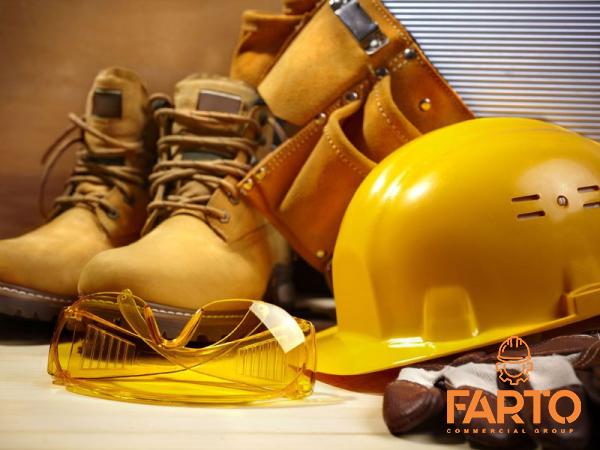 The soles of safety shoes are designed to withstand impacts and punctures. Midsoles made of durable materials, such as steel or composite, provide protection against sharp objects and prevent penetration through the sole. 4. Electric Hazard (EH) Rating: Work wear safety shoes with EH rating are crucial for workers exposed to electrical hazards. These shoes are manufactured with insulating materials that can minimize the chance of electric shocks. 5. Chemical Resistance: Various industries deal with hazardous liquids and chemicals. Safety shoes with chemical-resistant soles and uppers protect against spills, splashes, and exposure to harmful substances. 6. Comfort and Fit: Safety shoes should be comfortable to wear for long periods, as workers often spend extended hours on their feet. Cushioned insoles, breathable uppers, and proper sizing ensure optimum comfort, reducing the risk of foot fatigue and increasing overall productivity.
The soles of safety shoes are designed to withstand impacts and punctures. Midsoles made of durable materials, such as steel or composite, provide protection against sharp objects and prevent penetration through the sole. 4. Electric Hazard (EH) Rating: Work wear safety shoes with EH rating are crucial for workers exposed to electrical hazards. These shoes are manufactured with insulating materials that can minimize the chance of electric shocks. 5. Chemical Resistance: Various industries deal with hazardous liquids and chemicals. Safety shoes with chemical-resistant soles and uppers protect against spills, splashes, and exposure to harmful substances. 6. Comfort and Fit: Safety shoes should be comfortable to wear for long periods, as workers often spend extended hours on their feet. Cushioned insoles, breathable uppers, and proper sizing ensure optimum comfort, reducing the risk of foot fatigue and increasing overall productivity.
buy safety ware
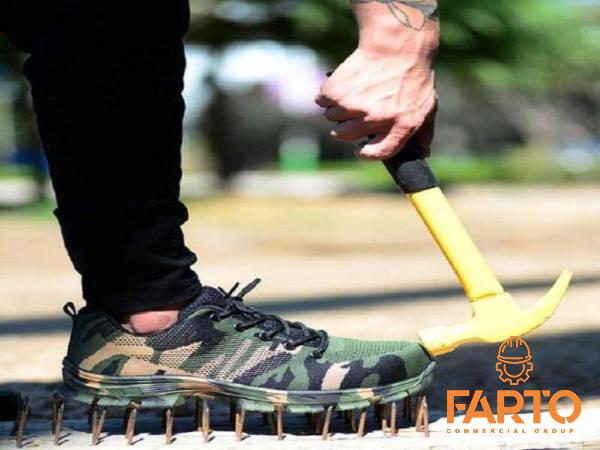 Types of Work Wear Safety Shoes: 1. Steel Toe Shoes: These shoes feature a steel toe cap to provide maximum protection against heavy objects and compression injuries. They are commonly used in construction, manufacturing, and heavy industries. 2. Composite Toe Shoes: Composite toe shoes, made from non-metallic materials like Kevlar, fiberglass, or carbon fiber, provide similar protection to steel toe shoes without the added weight. This makes them an ideal choice in industries that require non-conductive footwear, such as electrical work. 3. Metatarsal Shoes: Metatarsal safety shoes offer additional protection to the metatarsal bones (top of the foot). These shoes are essential in industries with a high risk of objects or equipment falling on the feet. 4. Electric Hazard (EH) Shoes: EH-rated safety shoes provide insulation against electrical hazards, reducing the risk of electric shocks. These shoes are widely used in electrical work, power generation, and utility industries. 5. Chemical-Resistant Shoes:
Types of Work Wear Safety Shoes: 1. Steel Toe Shoes: These shoes feature a steel toe cap to provide maximum protection against heavy objects and compression injuries. They are commonly used in construction, manufacturing, and heavy industries. 2. Composite Toe Shoes: Composite toe shoes, made from non-metallic materials like Kevlar, fiberglass, or carbon fiber, provide similar protection to steel toe shoes without the added weight. This makes them an ideal choice in industries that require non-conductive footwear, such as electrical work. 3. Metatarsal Shoes: Metatarsal safety shoes offer additional protection to the metatarsal bones (top of the foot). These shoes are essential in industries with a high risk of objects or equipment falling on the feet. 4. Electric Hazard (EH) Shoes: EH-rated safety shoes provide insulation against electrical hazards, reducing the risk of electric shocks. These shoes are widely used in electrical work, power generation, and utility industries. 5. Chemical-Resistant Shoes:
safety ware + buy and sell
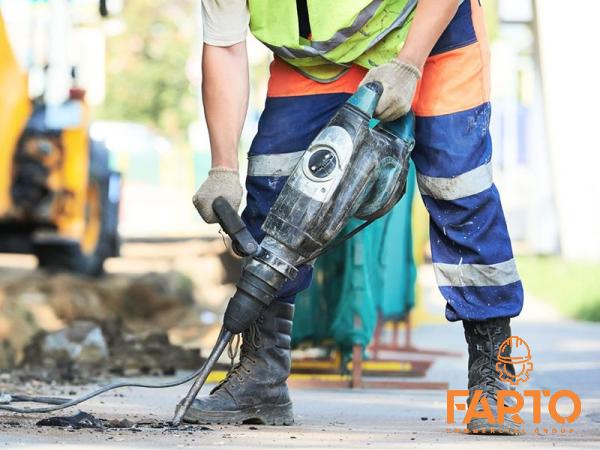 Industries dealing with chemicals, pharmaceuticals, and laboratories require safety shoes that can withstand exposure to hazardous substances. Chemical-resistant shoes are designed to provide protection against chemical spills, corrosives, and other caustic materials. 6. Slip-Resistant Shoes: Slip-resistant safety shoes are engineered with specialized outsoles that maximize traction and prevent slippage, making them suitable for workers in industries such as food service, hospitality, and healthcare. Conclusion: Work wear safety shoes are essential personal protective equipment that significantly reduce the risk of foot injuries in hazardous workplaces. By incorporating key features such as slip resistance, toe protection, and appropriate ratings for electrical and chemical hazards, these shoes provide a crucial layer of safety for workers across various industries. Selecting the right type of safety shoe that best suits the specific work environment is essential to ensure optimal protection and comfort. Employers must prioritize the provision of work wear safety shoes to protect their employees and meet regulatory compliance, thereby creating a safer and more productive working environment.
Industries dealing with chemicals, pharmaceuticals, and laboratories require safety shoes that can withstand exposure to hazardous substances. Chemical-resistant shoes are designed to provide protection against chemical spills, corrosives, and other caustic materials. 6. Slip-Resistant Shoes: Slip-resistant safety shoes are engineered with specialized outsoles that maximize traction and prevent slippage, making them suitable for workers in industries such as food service, hospitality, and healthcare. Conclusion: Work wear safety shoes are essential personal protective equipment that significantly reduce the risk of foot injuries in hazardous workplaces. By incorporating key features such as slip resistance, toe protection, and appropriate ratings for electrical and chemical hazards, these shoes provide a crucial layer of safety for workers across various industries. Selecting the right type of safety shoe that best suits the specific work environment is essential to ensure optimal protection and comfort. Employers must prioritize the provision of work wear safety shoes to protect their employees and meet regulatory compliance, thereby creating a safer and more productive working environment.

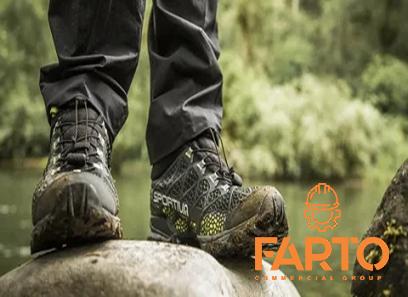
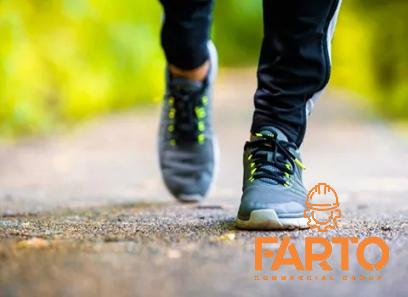

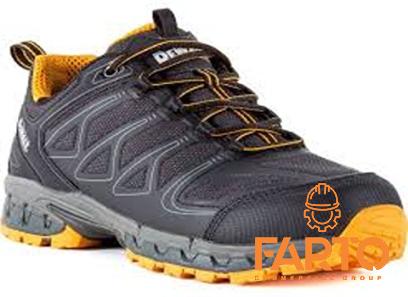
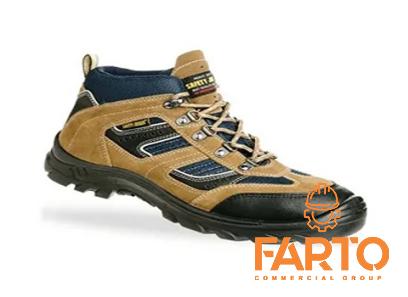
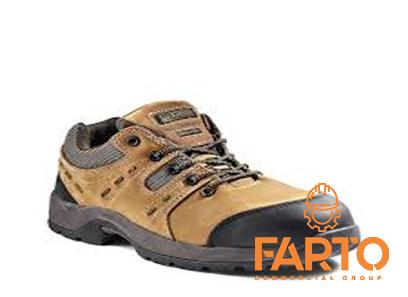
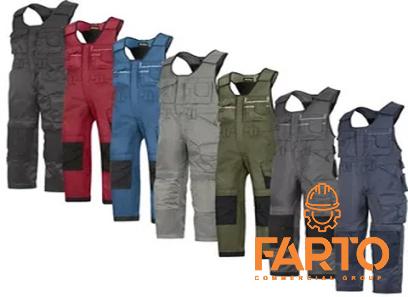
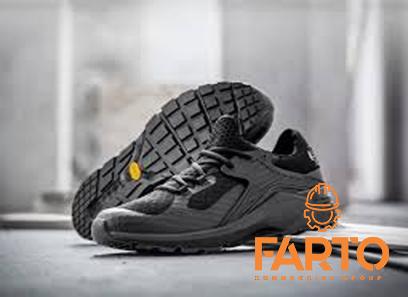
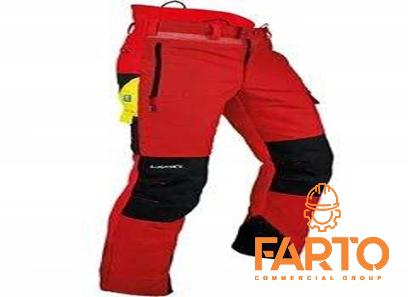
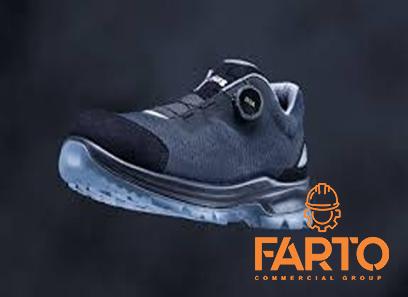
Your comment submitted.